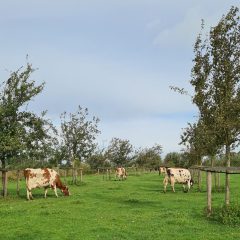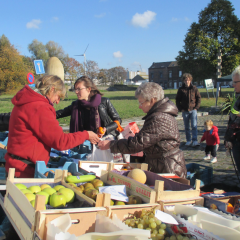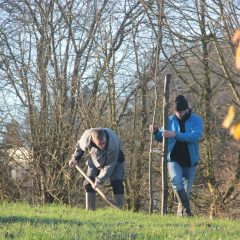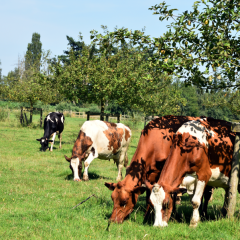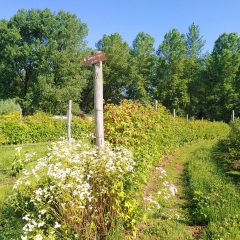Dossier Business models
- Market forces
- Business model
- Farm management
- Chain
- Scale expansion
- Well-being
- Agroforestry
- Organic agriculture
- Agro-ecology
- Short chain
- On-farm processing
- Market concept
More financial security and a more stable income for farmers and growers: that is what ILVO strives for in its socio-economic research. Viability and profitability can be increased in many different ways. ILVO unravels these ways, among other things, by identifying the successes and stumbling blocks from concrete cases. We are working on a practical earnings guide.

What does ILVO do?
-
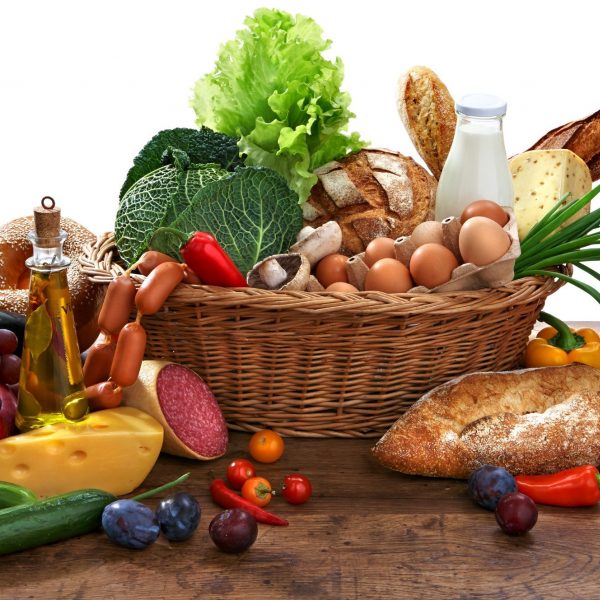 Which value are you offering your customers? ILVO calculates added value of existing and new products, activities and collaborations.
Which value are you offering your customers? ILVO calculates added value of existing and new products, activities and collaborations. -
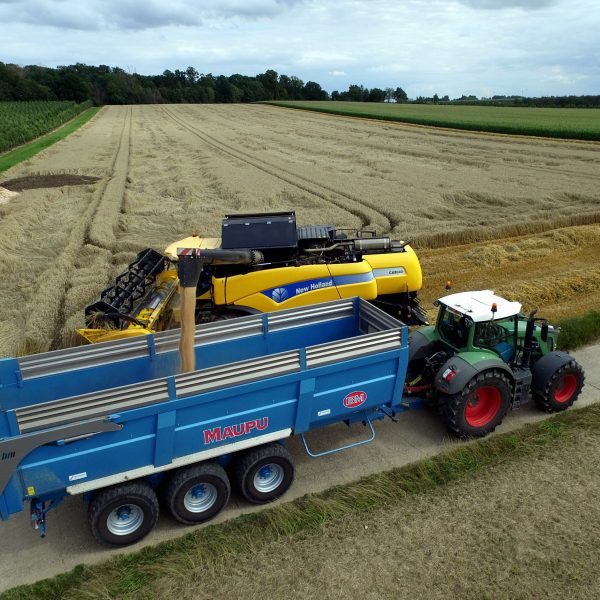 What are the real costs and benefits from a business decision? ILVO analyzes the profitability and identifies the best economic choices.
What are the real costs and benefits from a business decision? ILVO analyzes the profitability and identifies the best economic choices. -
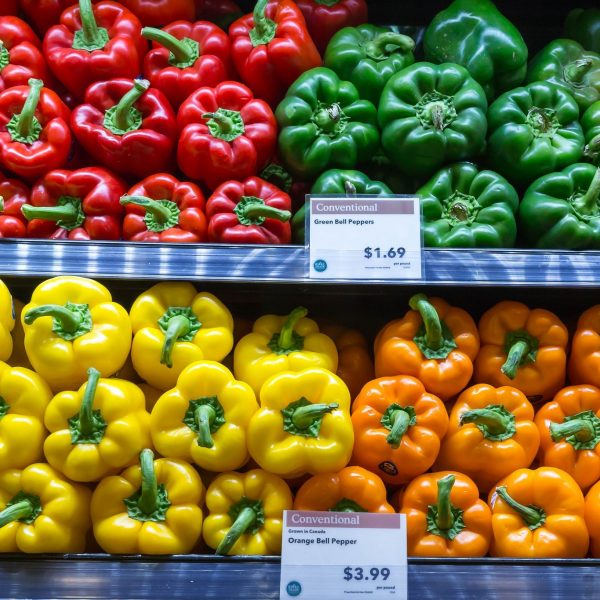 Market research and simulation models help ILVO evaluate the market potential for existing products and market adoption for new products.
Market research and simulation models help ILVO evaluate the market potential for existing products and market adoption for new products. -
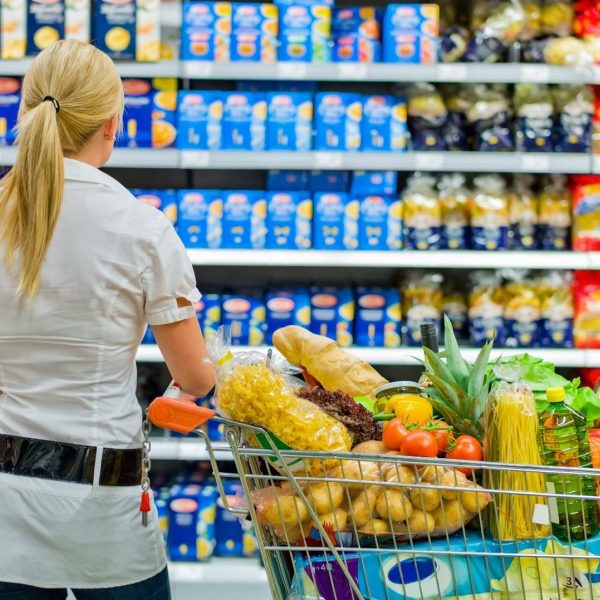 This is a new area of research for ILVO. In choice-experiments, we study the consumer's preferences.
This is a new area of research for ILVO. In choice-experiments, we study the consumer's preferences. -
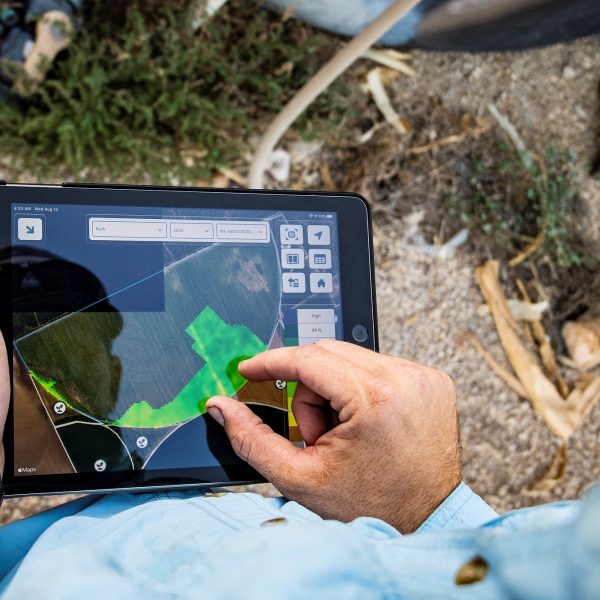 ILVO builds handy web applications and tools to help farmers make business choices or for business-economic trainings.
ILVO builds handy web applications and tools to help farmers make business choices or for business-economic trainings.
Business models for profitable and resilient food systems
What is a business model?
A business model describes how a business makes money. It is a structured representation of the various facets that ultimately ensure that a business makes a profit. A business model mainly contains answers to four questions: Who is my customer? What value do I offer my customer? How do I deliver this value? What are the costs and benefits associated with this?
All the links in the chain
There are many links in the chain between Farm and Fork. In the long term, food systems can only continue to exist if every link is viable and therefore profitable. However, the profitability of production systems in the Flemish agricultural and agri-food sector is often under pressure. This has to do with, among other things, dependence on what happens on the global market, unequal value distribution in the chain, rising costs, and a lack of possibilities for quick adjustments in case of unforeseen circumstances, like the COVID-19 pandemic, for instance.
More knowledge about business models helps
The general conviction is that more knowledge about business models increases the chance of an economically, ecologically, and socially sustainable food system. Attention to more robust business models is included in the challenges that the European Union and Flanders want to tackle. These challenges are to ensure a full income for farmers and other links in the chain, reduce the environmental impact, reduce dependence on fossil fuels, reduce climate emissions, reduce waste, make better use of waste streams, and increase the resilience and quality of the food supply.
Don’t just focus on cost and efficiency
A traditional recipe to improve profitability is to work on increasing efficiency and specialization, which then leads to a cost advantage. Achieving this cost advantage is becoming increasingly difficult for some businesses in Flanders, due to high land prices and labour costs, and particularly for products destined for the wholesale market. In addition to efficiency, it is important to strive for, among other things, diversification and resilience, more demand-driven production, collaboration in the chain, and different marketing methods.
ILVO analyzes and inspires
ILVO focuses on the strategies behind a good business model and on best practices to create new business models. ILVO is involved in numerous national and international projects analyzing ‘whether and how’ sustainable business models can be built on the basis of new technologies, adapted production processes, new products and services, adapted chain configurations and collaborations, adapted policies, etc.
In addition, ILVO inspires farmers, other links in the chain, agricultural advisors and suppliers, policymakers, etc. to make appropriate choices based on sustainable business models.
For this purpose, the researchers make web applications, decision tools, and calculation models available and they supervise trajectories in their search for better business models. These tools can also be used for farm-economic education in sector-oriented educational institutions.
Business models in brief
ILVO takes a close look at the various aspects of the business model within all links in the food chain. This should make it possible to build supply systems with sustainable business models for the various links.
Competitiveness is also strengthened, based more on quality than on cost leadership.
Contact an expert

Research projects


